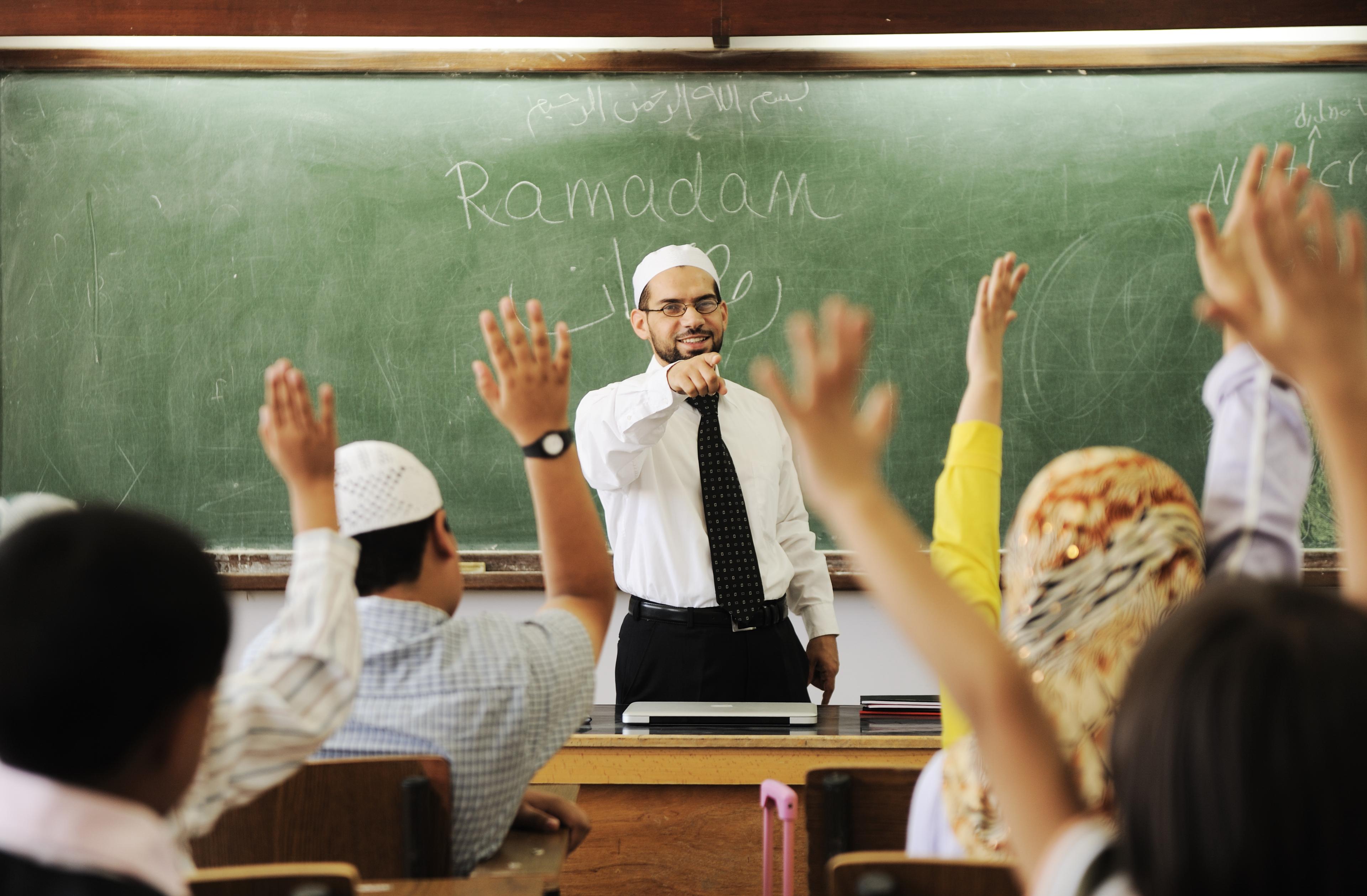Egypt Leads Arab World in Purging Antisemitism From Schools
Egypt’s progressive educational reforms: Combatting Anti-Semitism and teaching tolerance in schools
A new study highlights Egypt’s significant strides in promoting peace and tolerance within its education system, revealing that the country is leading the Arab world in removing antisemitism from its school curricula. The study, conducted by the IMPACT-se NGO, shows that the majority of Egyptian schoolchildren are now studying from textbooks that have been substantially revised to improve attitudes towards Jews and Israel.

Approximately 20 million students in Egypt are now using the reformed textbooks, which emphasize themes of peace, tolerance, and the rejection of violence and extremism. The changes also mark the first time that Egypt’s educational materials acknowledge the country’s historic Jewish presence. The revised curricula represent a marked departure from the anti-Semitic content that had been prevalent in past editions, according to JNS reports.
The IMPACT-se study revealed that 80% of Egyptian students are now learning from updated textbooks. These textbooks are largely free of the anti-Israel sentiments that had previously been widespread. The report indicates that inflammatory content, such as the portrayal of Jews as inherently treacherous, has been removed or revised.
One of the most notable shifts is the portrayal of Israel as a legitimate peace partner. The revised textbooks include discussions on the Israel-Egypt peace treaty, with ninth-grade social studies students required to memorize key provisions of the agreement and explore the benefits of peace for both Egypt and the broader Arab world. Notably, peace-building is illustrated with a picture of former Israeli Prime Minister Menachem Begin alongside Egyptian President Anwar Sadat, both of whom played crucial roles in the historic peace process.
The revisions also reflect a more inclusive portrayal of Egyptian Christians, especially Copts, emphasizing their contributions to the country’s history and modern society. Additionally, textbooks now acknowledge the Jewish connection to Jerusalem and the land of Israel, including the historical existence of the Jewish temple in Jerusalem, built by King Solomon.
While these revisions are primarily seen in the elementary-level curriculum, higher-grade textbooks still contain some problematic content. Some materials for older students continue to feature negative portrayals of Jews and Israel. However, Egypt has plans to reform these higher-grade textbooks in the coming years.
IMPACT-se’s CEO, Marcus Sheff, expressed his satisfaction with the ongoing reforms, calling them a significant step forward for the region. "We are delighted to see the ongoing reforms taking place in the Egyptian curriculum, which mark significant progress," he said. "These changes in the most populous Arab country, with its landmark peace agreement with Israel, are of real importance to the region’s future."
In comparison, while some other Arab countries, such as Saudi Arabia, have begun revising their educational materials to eliminate anti-Jewish and anti-Christian content, Palestinian textbooks continue to promote hatred and violence. Palestinian schoolbooks have been found to encourage jihad and martyrdom, further highlighting Egypt's role as a leader in educational reform in the Arab world.
In addition to combating antisemitism, Egypt’s educational reforms also challenge traditional gender roles within Arab society. Some textbooks now highlight non-traditional portrayals of gender, such as depicting the Prophet Muhammad engaging in domestic tasks typically associated with women, like sewing and mending sandals. Notably, the new curriculum also condemns female genital mutilation as both religiously inappropriate and cruel to women.
Despite challenges, Egypt's educational transformation marks a positive shift in how the country educates its youth. The revisions, particularly those aimed at eliminating antisemitism and promoting peace, signal a hopeful future for the region.